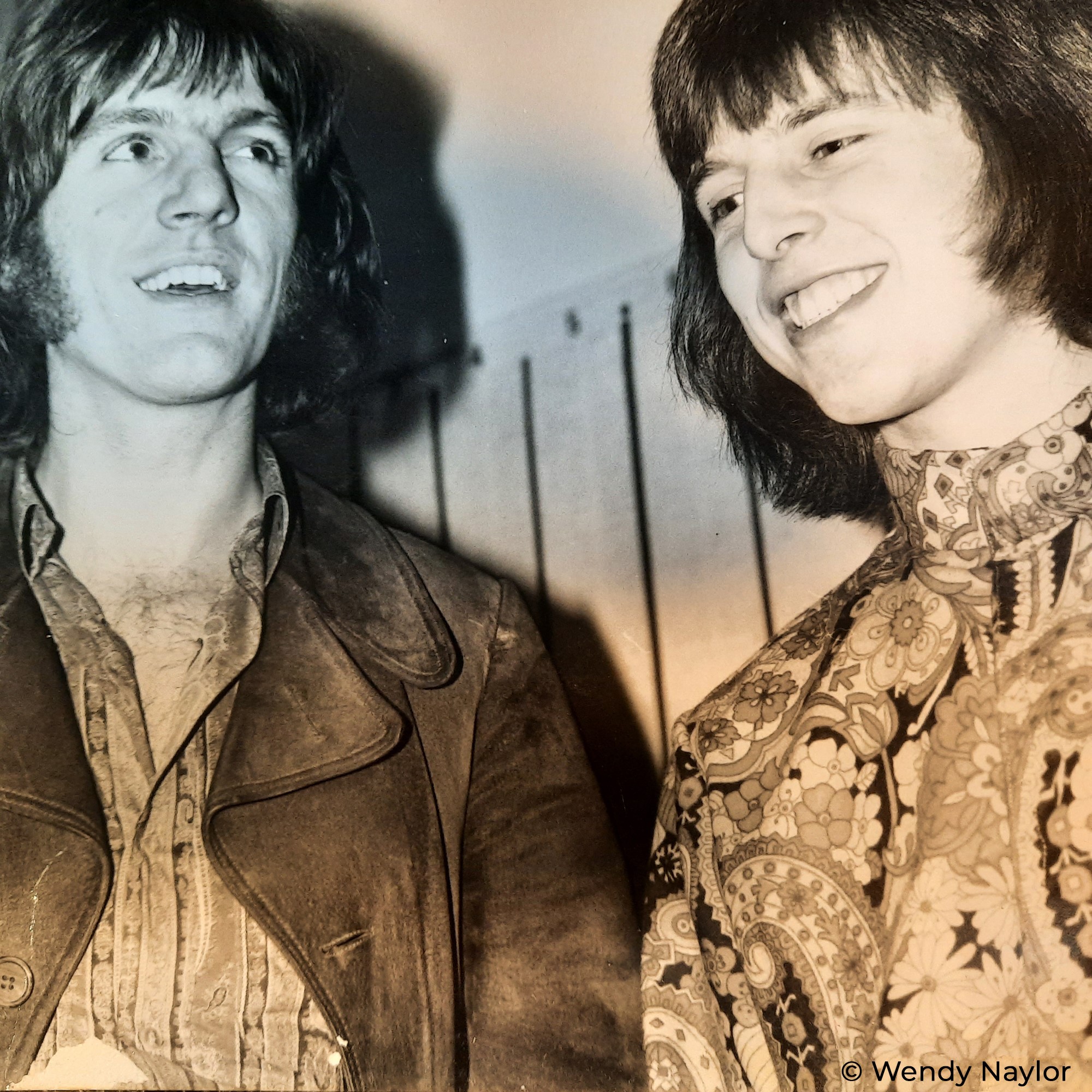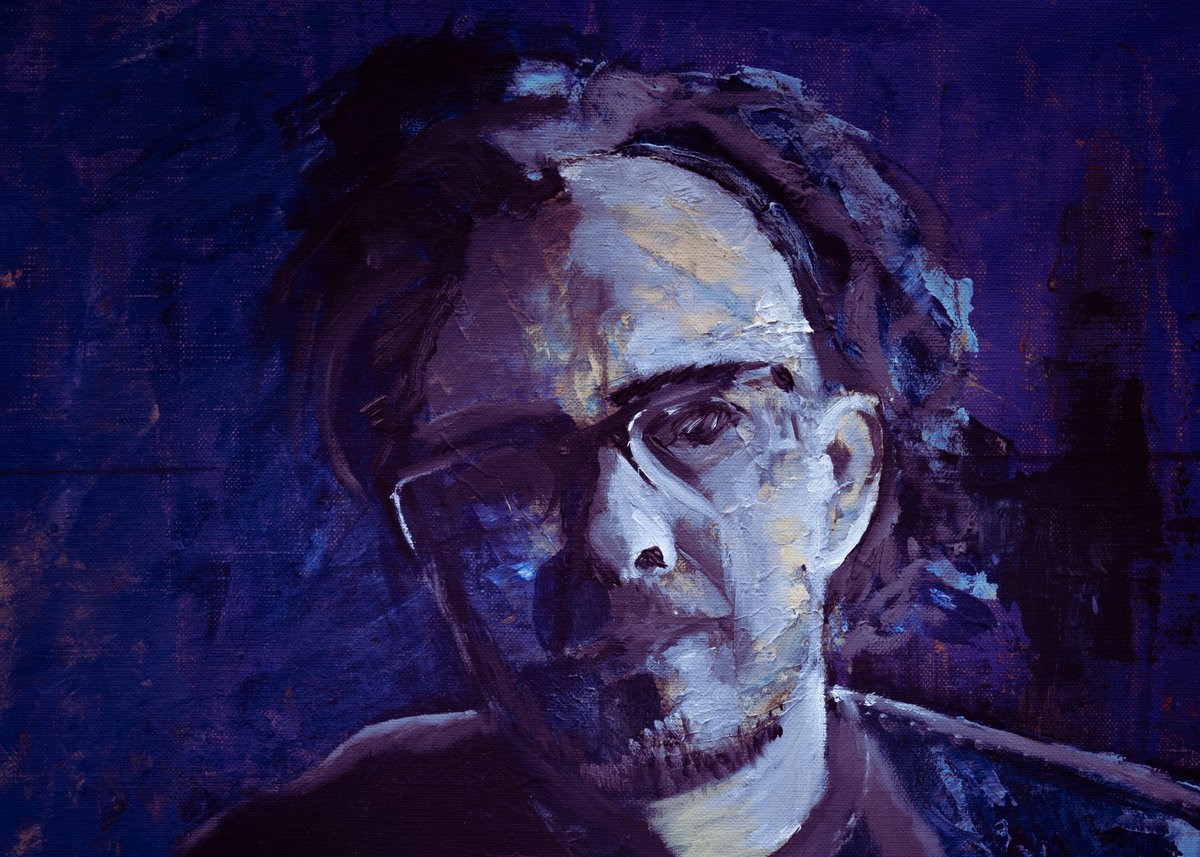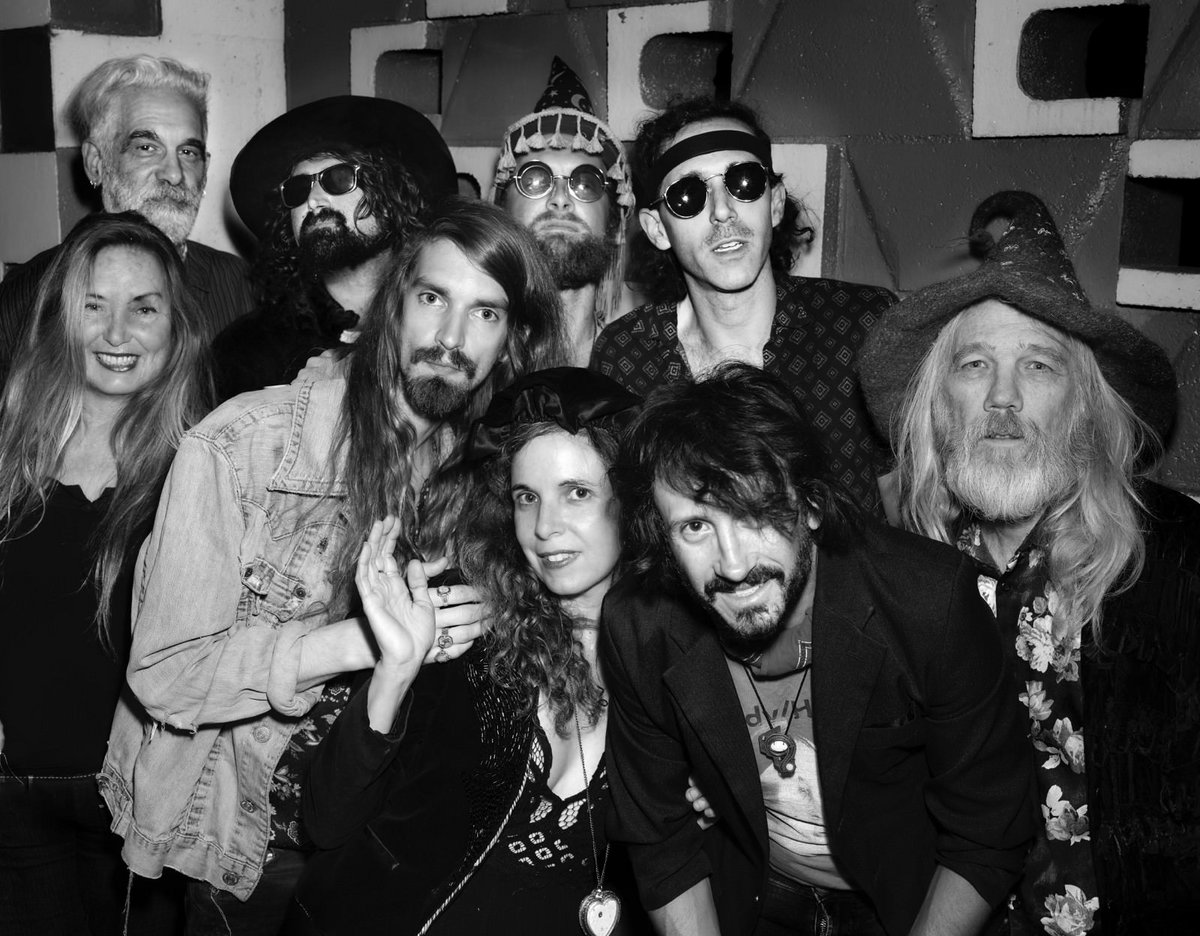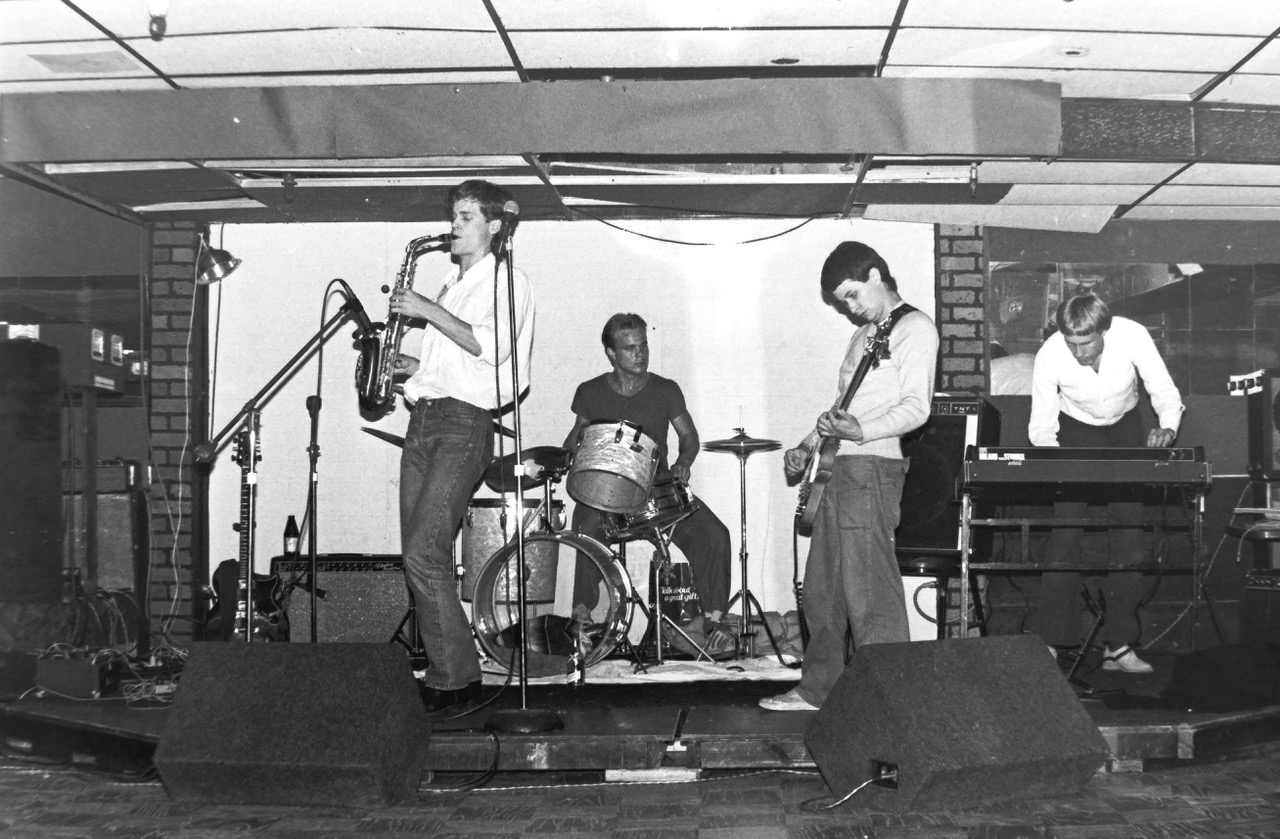The Story of Robert Naylor | ‘Skates’ | “Pastoral English Songsmith”
Robert Naylor was a pastoral English songsmith that sadly left us way too soon. He went to Langley Park School where, age 16, he appeared at a school festival and met Ralph McTell who was headlining, Ralph encouraged him to continue in music and shortly afterwards he recorded his privately pressed first LP, just himself and guitar, but all self-composed.
Robert Naylor was born 22nd September 1956 in Bromley, Kent UK. He started playing guitar at 11. By the time he pressed his album, he was an accomplished classical guitarist and idiosyncratic songwriter and lyricist. He won a place at the University of Surrey where early into his studies he recorded his second LP, ‘Skates,’ 1973, with fellow students. This was a fully produced, self composed, project with Chamber backing, but was not released. He was due to graduate in June 1976 and a recording exists of his degree piece (Villa-Lobos Choros #1) and a performance of Rodrigo/Concierto de Aranjuez with the Collegium Musicum of the University of Surrey. He died, in his sleep of acute viral pneumonia, on 20th April 1976 age 19. He received his Music Degree posthumously. ‘Skates’ is now available, the first LP is scheduled for vinyl release in early 2024 and the Classical pieces will be available on CD as part of the Bright Carvings Reference Series at the same time.
Here’s an interview with Robert’s Naylor brother, David.
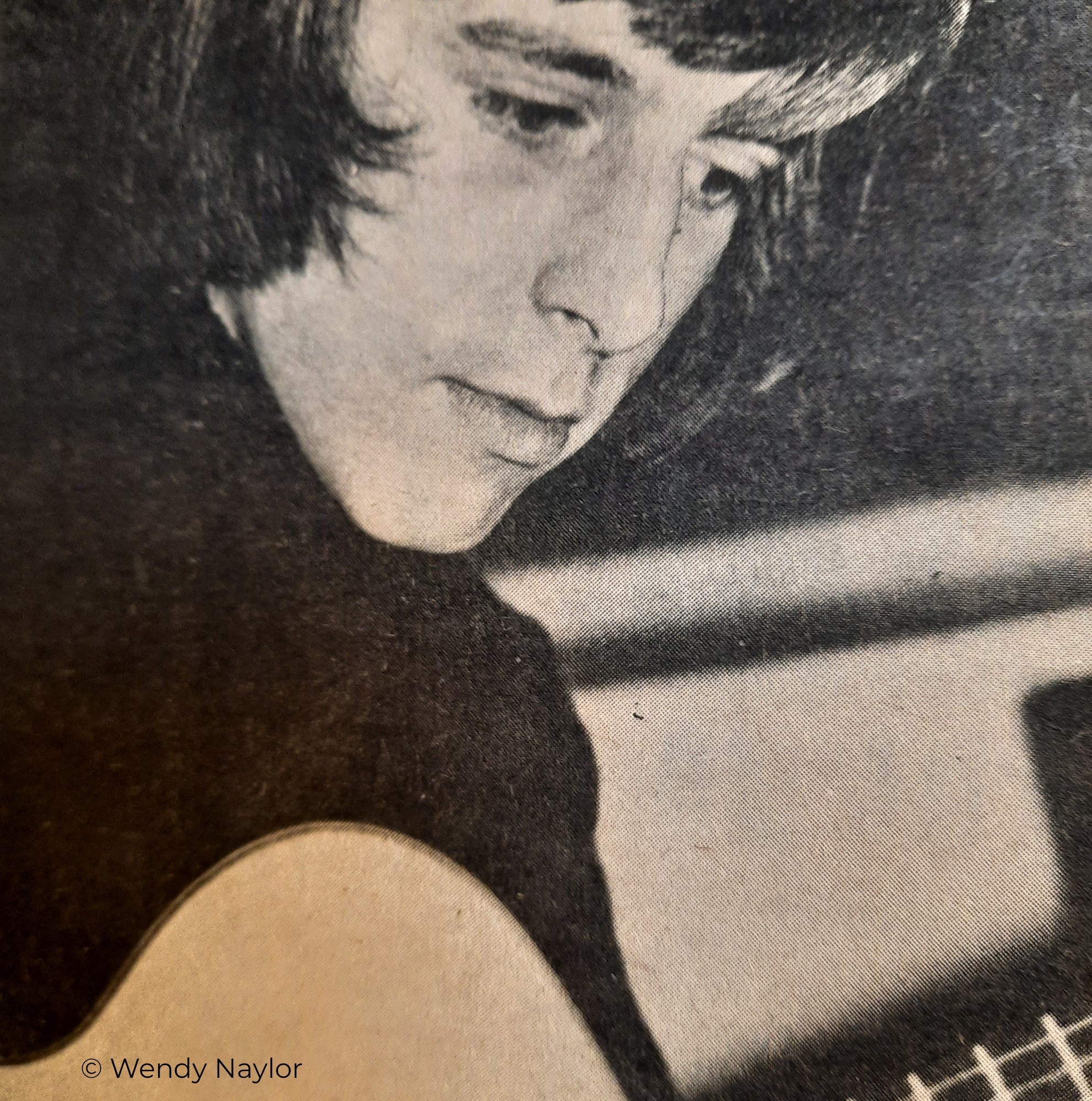
“He found his voice in music and a need to speak out loud”
It’s wonderful that your brother’s music will be available on vinyl. How did Bright Carvings get in touch with you?
David Naylor: Jon Groocock sent a letter to my mother in October 2022. It was a surprise. Rob’s music had lain dormant for a long time and suddenly someone wanted to make it public. Jon was incredibly sensitive in his approach. This stopped me telling him to go away. My mother is ninety-three; the loss of her son is still very painful.
Jon and I spoke on the phone, and he said he acquired a copy of Robert’s privately pressed vinyl 1972 LP from a record collector in Japan. I sent to Jon a CD, titled ‘Skates’ and a CD recording of my brother’s degree recital of the Rodrigo concerto in University of Surrey Hall.
We then agreed on the details and that any royalties would go towards the prize my parents set up at the University in Rob’s name.
Let’s start at the beginning, your brother was born in Kent, UK. What was lifelike growing up there?
We grew up in Bromley on the London, Kent border. Life was good. The sort of place you go out in the morning and are not expected back until teatime. Lots of freedom and a clear expectation you would try your best at school. Our parents were very supportive of our activities – Rob music (all the time) and me sport. Only once did our passions come together when he insisted we must go for a one mile run to see if we could do it. The last time I saw him running. There was always the expectation Rob would be successful in his music, but best to go to university just in case. He could be quietly subversive, sure of his talent.
He was in the church choir, mostly I think because he got paid. He came home one day after practice having spent his pay on chocolate. He just laughed when my mum told him he should be more responsible and safe. My earliest memory of him singing was the Christmas Day service. He had the solo for ‘Once in Royal David’s City’. I don’t think he practiced much. He could just do it, no obvious fear about performing or getting it wrong. He was the same with his degree recital mentioned above. All I heard was “you need to practice more”. He just smiled. A good brother – but cocky.
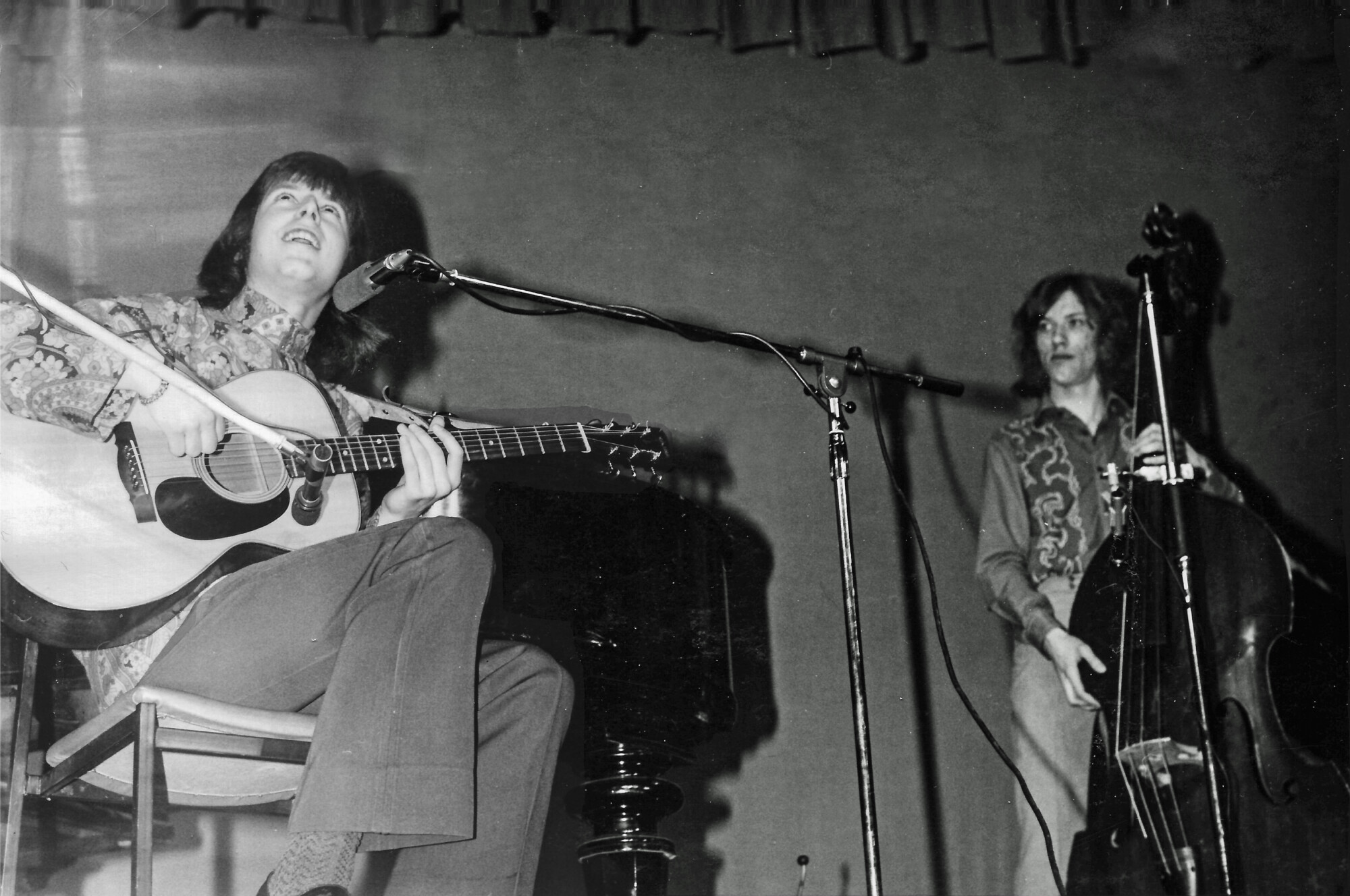
When did he first get inspired to try and play a guitar?
My mother says he just decided at nine this was what he would do. Sounds about right. The house then gradually filled up with guitars, a flute and piano. The neighbours did not always enjoy hearing such talent.
Tell us about some of the very first songs he wrote and when did he start performing?
My dad kept all Rob’s sheet music and poetry in a case by the side of the bed. Looking through it for this interview I was struck by the volume. Music he and his friends performed, music for the school play and orchestra, and for the school wind band. In this case I found the original music and words for ‘Waterfall,’ which he played at a school concert on 29th October 1969. This is when he started performing in earnest, aged sixteen.
There is just so much stuff. He wrote and kept writing. Manuscripts called ‘Through the Kaleidoscope’ (1969); ‘Gift to the Devil’ (1969); ‘March of the Ants’ (1969) written for a school play; ‘Fading in the Distance’ (undated); ‘The Rainbow Suite‘ written for the school wind band (undated); ‘Silver Jane’s Patterns’ (1968-9); and ‘The Crystal River’ (1968-9). Most have six or seven songs and an explanatory text, that even now, expresses his intention to develop his voice, to speak; to describe stuff that can be hard to put into words. I’m not sure he did much schoolwork in 1969. Looks like a productive and creative time for him and a challenging one for our mum and dad. Basically, it was the music. The rest, I’m not sure he really cared. He was clever enough to sail through exams with little revision.
He went to Langley Park School. What was the scene like in the surrounding area? What are some other musicians he enjoyed?
Looking back at the concert reports from Langley Park and Nick Evans (a close friend) it seems the school had worked hard to create a place for music and creativity. Rob’s music teacher was Mr Peter Barlow. He was a great teacher and gave Rob the space to develop and take risks with his composing and performing. As he developed as a classical and folk guitarist, he also learnt the flute. The Head Teacher Mr Brian Pythian was equally supportive, seeing music asvital to creating a supportive and vibrant school community.
I know little of the wider music scene, but Rob had a group of school friends who shared his love of music. Some were themselves talented musicians. I did find a couple of hand drawn flyers for a folk concert sometime around 1970. One with Chris Brown and Rob on the programme (admission 20p); and a concert at the Public Hall, Bromley where Rob was again playing with Chris Brown, Daddy Stovepipe and Noel Brown.
His own tastes included The Rolling Stones, The Shadows, Pentangle, The Beatles. Paul Simon and Ralph McTell. He also did classical, Julian Bream and John Williams.
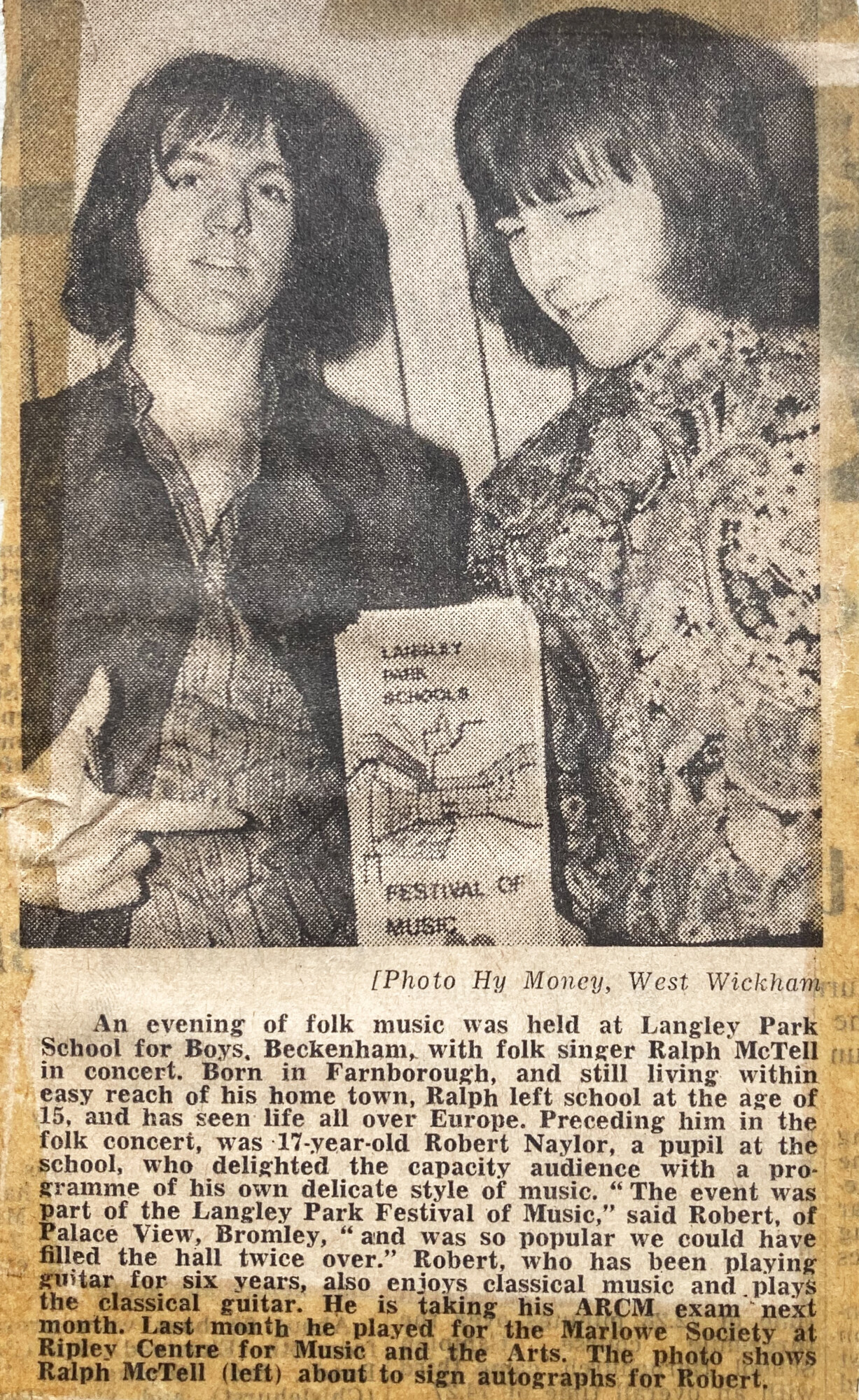
Where did you go and were you a musician yourself?
We went to the same school and led separate lives. He turned into the music studio and me towards the games hall. I have no musical talent.
He met Ralph McTell, how did that come about?
The school put on a music festival in 1972. Rob was seventeen. The programme was varied (from Peter Katin – pianist, to the band of the Coldstream Guards) and Rob was instrumental in getting Ralph to play. I think he had been in contact with Ralph’s then manager Jo Lustig (?). Ralph was a big deal, brilliant and generous. Rob did the first set to a capacity audience. We still have the signed programme – “To Rob – keep on trucking, best wishes Ralph McTell.”
At the following year’s music festival, Rob shared the platform with Wizz Jones. Another great concert but interrupted by a couple of bomb scares, requiring the hall to be evacuated each time.
What motivated him to record some songs?
I’m guessing but he would have seen recording as a logical step in building his career; and at the University of Surrey, he met people who were talented musicians, and people training to be sound engineers. The University had studios they could use. I think it was a safe place for him to experiment,stretch his talent and continue to learn how to play with others. He always had a good group of people around him. People interested in music and playing. Nick Evans was one of his best mates.
It was Nick who arranged the concert with Ralph McTell, October 2003 to boost the funds to the memorial prize my parents had set up at the University. I remember Nick playing a brilliant and moving version of ‘Meet on the Ledge’ by Fairport Convention to end his set. Nick died in 2006 (see here). I have the CD of his set which Nick gave to us as a family. He was kind and talented.
What was your brother’s creative process?
The honest answer is, I have no idea. I was out on my bike, and he was indoors composing. Looking at all his sheet music now, it looks like the process was continuous. Always with a pen and paper in hand – sort of process. He could just write and hear music. He found his voice in music and a need to speak out loud and “perform.” It could be hard to get his attention when he was composing.
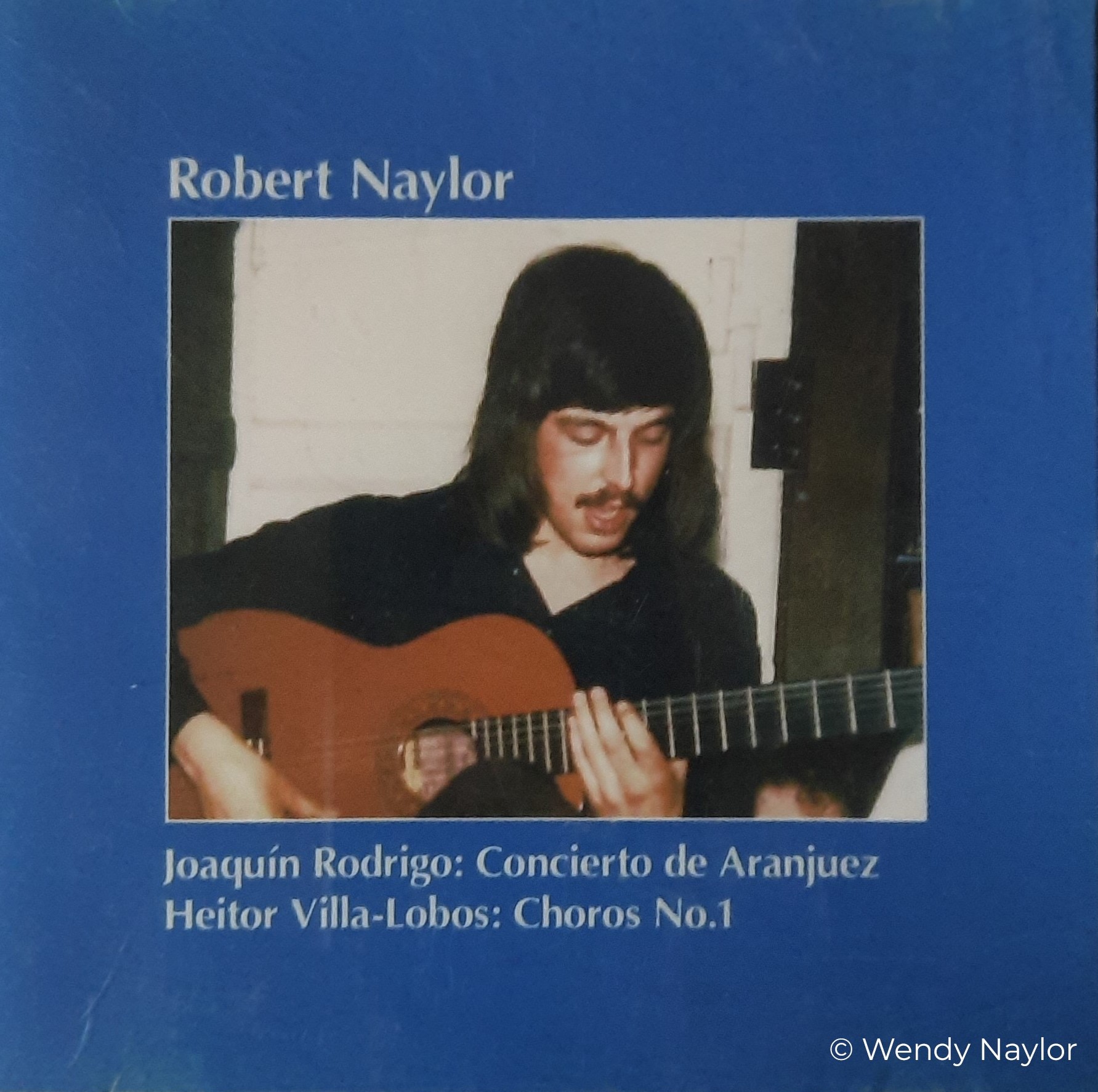
Tell us about his first privately pressed album. How many copies were originally pressed?
I can remember seeing these LPs with white covers. No external sleeves and no words. Knowing Rob, he probably pressed hundreds. I remember thinking of the LP being symbolic of the intention to do his music thing. We do not have the original tapes.
Did he send records to any label and radio stations?
I don’t think so. Perhaps because this did not happen, I appreciate the work Jon at Bright Carvings and your journal are doing to bring his music into a more public domain. So, a big thank you from us.
Would love it if you could share some commentary about the tracks appearing on the debut album Robert Naylor & Friends.
This is hard. I rarely listen to his music. For what it’s worth, what follows are some spontaneous thoughts as I listened today.
The boy can play, as can the group. A sense of confidence of holding a song, not rushing to the end. The arrangement of ‘Water Baby’ and the sound of the oboe played by Jill Streeter – the lyrics are poetic and don’t seem dated. Clever boy. I think ‘London Dawn’ is my favourite. ‘Christine’ is another good track, pretty sure the name of a girlfriend. One song on Skates’ that is missing is ‘Chance to Dance’. A song he would sing when he wanted to make our parents a little anxious at family gatherings. Bad Robert.
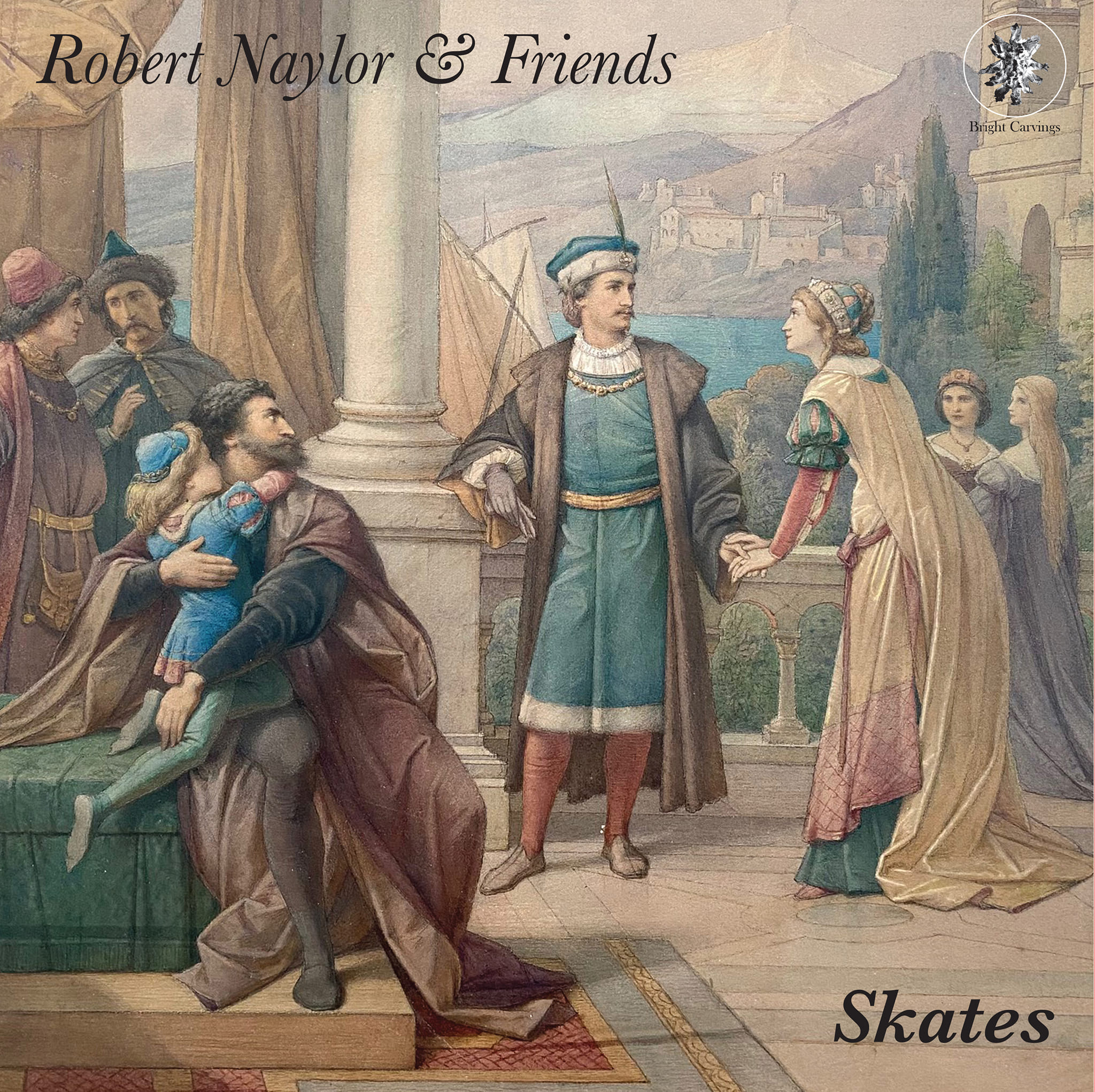
What led him to the University of Surrey? What did he study?
He studied music with an emphasis on performance. He was an accomplished classical guitarist. The University provided lots of opportunities to perform and develop. His degree recital (17th March 1976) a few weeks before his death, was ‘Concierto de Aranjuez’ for guitar and orchestra by Joaquin Rodrigo. I have a CD of his performance. I think he was happy at Surrey.
So around that time the previously unreleased second album, ‘Skates’ came about?
The CD of ‘Skates’ is undated. It was recorded in a farmhouse (called Skates) and at the University (so before 1976). Eleven tracks were recorded with the help of friends who were either studying music or training to be sound engineers. All the tracks on the recent LP ‘Robert Naylor & Friends’ were taken from ‘Skates’.
Postscript: Thank you for the opportunity to talk about Rob and his music. It’s not been easy but a joy to re-connect with the brother I wish, almost every day, was still here. It is never helpful to idealise the dead, he could be annoying big brother, taking the piss a lot of the time; but he was real and here; gone too early but he left the music. If a few more people get to hear his voice, then I am ok with that. Thank you. David.
Klemen Breznikar
Headline photo: Robert Naylor and David Naylor
Bright Carvings Official Website / Facebook / Instagram / YouTube

